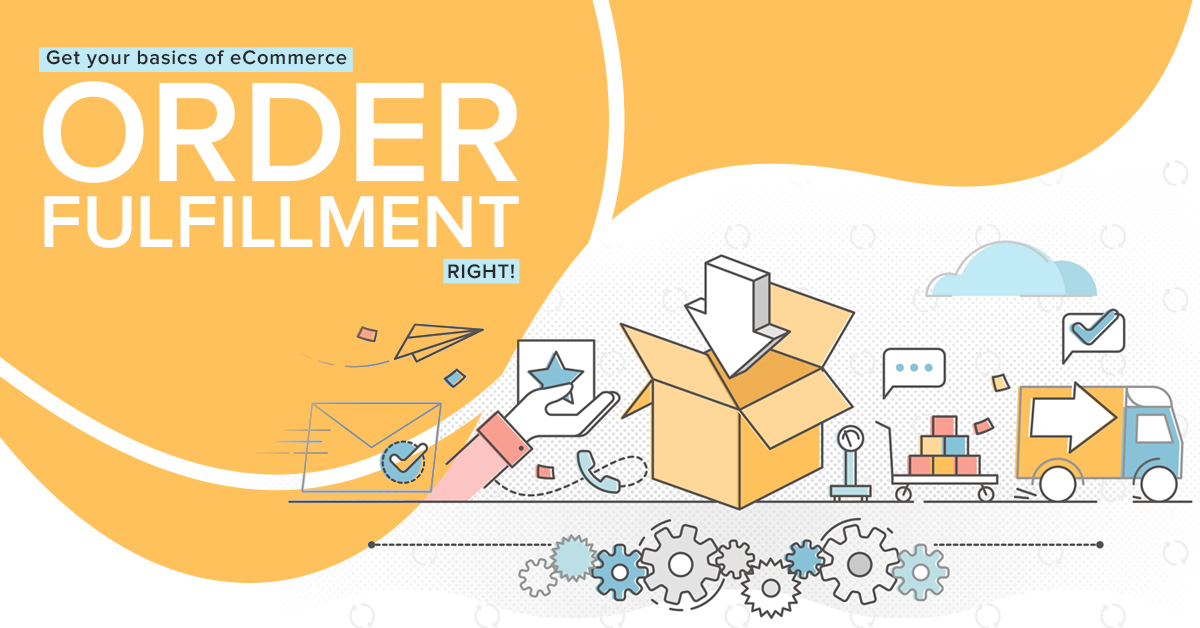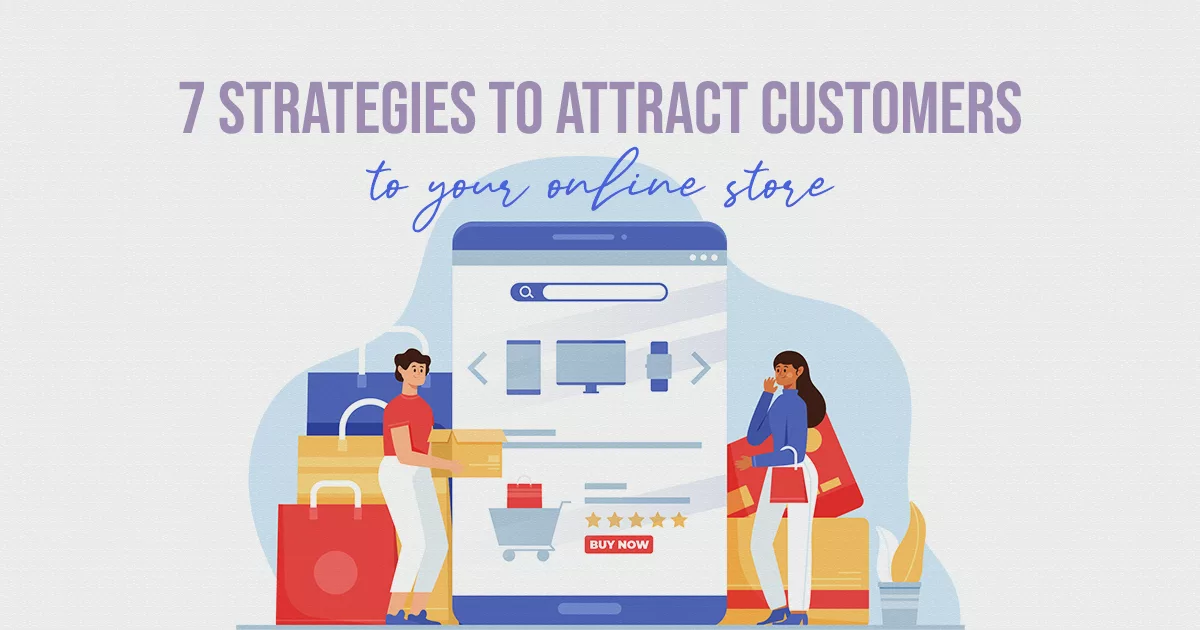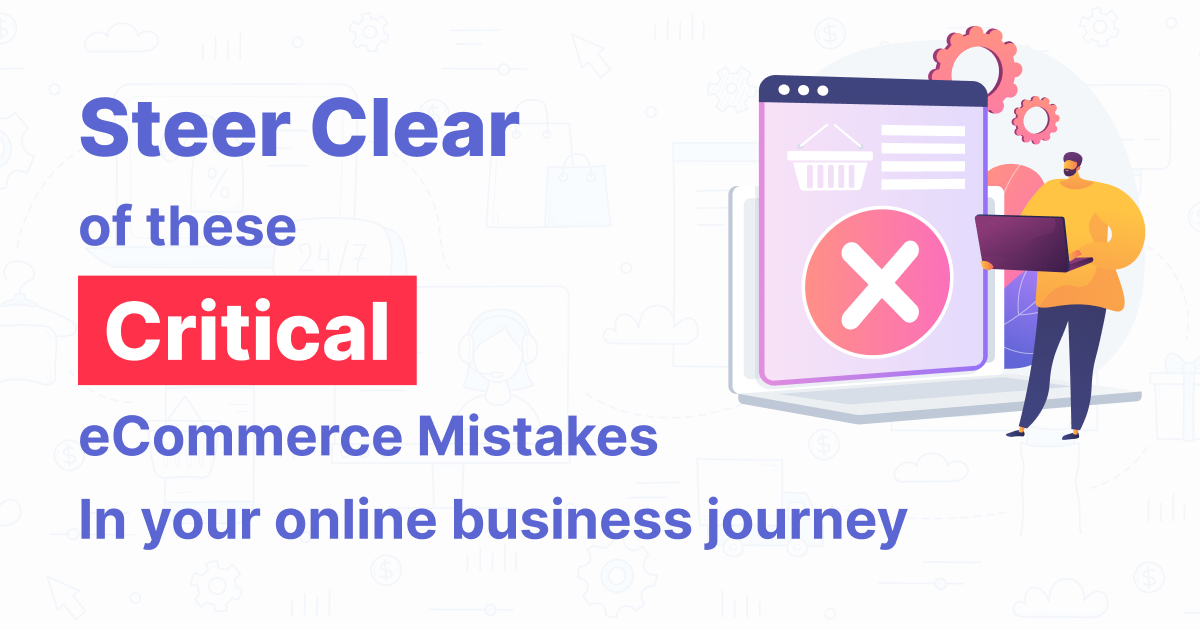Get your basics of eCommerce order fulfillment right!
September 21, 2020 4:56 pm | by Aviral Chitkara | Posted in eCommerce
After working in the eCommerce industry for more than five years, I can say that customer satisfaction is directly proportional to order fulfillment. You cannot establish a thriving online business if your inventory and delivery systems are in a mess!
Callow eCommerce entrepreneurs take order fulfillment lightly. They think that it is all about packing and shipping the products to the consumers. I wish it were that easy.
Shipping and delivery processes are complicated to manage. The use of excess packing material could increase your cost, or a mismanaged inventory system could lead to stock theft, or sending single deliveries instead of bulk shipping could drive your business to the ground. It is, in short, a chaotic affair that will give you nightmares if not prepared.
Every eCommerce store owner should be aware of how the entire order fulfillment process works. Right from the moment a customer places an order online to the delivery, this blog will guide through the murky waters of eCommerce order fulfillment.
What is eCommerce order fulfillment?
eCommerce order fulfillment is the process of picking the product from the shelf, packing it, and sending it to the customer who has placed the order online. In simple words; pick, pack, and ship. It covers the entire process from online order placement to delivery and is the total of individual processes and services.
There are five major components in the eCommerce fulfillment process.
- Warehousing
- Order Receiving & Management
- Picking & Packing
- Shipping
- Return Processing
- Warehousing: You need a warehouse or a storage place to keep all the products that you are selling via the online store. The storage space can be anywhere. Small and new eCommerce business owners convert their spare room or garage or basement into a warehouse and later lease a sizable space as the business grows.
Inventory management is a crucial part of the warehousing process. It is concerned with the stock safety and security from theft and destruction. At the same time, inventory management also ensures that storage is done fashionably so the items can be easily retrieved later. Another important aspect of inventory management is maintaining stock levels. SKU (Stock Keeping Unit) is a popular technique that helps in stock management. Read more about SKUs.
- Order Receiving & Management: The order fulfillment process is triggered as soon a customer purchases anything from the online store. Order management means keeping track of all the orders in terms of their status (under process, on hold, delivered, etc.), trends (buyers’ behavior, preferences, etc.), highest revenue-generating region, and other related information
- Picking and Packing: Picking and packing fulfillment involve taking out the products from the storage and packing them for the shipping process. This process starts as soon as the order is processed and accepted in the previous step. Factors like the type and quantity of packaging material used, product dimensions, etc. influence the cost of this process.
- Shipping: It is considered as the most crucial part of the entire fulfillment process because it has a direct impact on the customer experience. There are two aspects to product shipping: buyer psychology and the seller cost. Buyers are concerned with the delivery period and shipping fee. The seller tries to minimize the shipping cost to gain profit by balancing between factors like the product dimensions, buyer and seller location, insurance, etc.
- Return Processing: Returns processing and management play a huge role in the daily functioning of every eCommerce store. The process involves receiving the product, inspecting it for damages, and processing it back into the warehouse. Having the right product return policy will pay off in spades in the long run because with business growth, the number of product returns will also increase. It calls for a detailed policy that satisfies buyers and protects you from unnecessary legal tangles.
Self-fulfillment or 3PL. What is the right choice for you?
Handling and managing the complete fulfillment process is a tough job, especially for small eCommerce business owners. The option to outsource either one or the entire fulfillment process is available.
Self-fulfillment is when you decide to manage the end-to-end order fulfillment process. Businesses that have sufficient workforce and money to set up can benefit from maintaining complete control over the process.
But many online business owners (small, medium, and large) join hands with third parties to outsource one or the entire order fulfillment process to save both money and time.
3PL (Third Party Logistics) is one such order fulfillment outsourcing service. In this, a professional fulfillment company handles the complete eCommerce fulfillment on your behalf. It includes product warehousing, packing, shipping, and in some cases, even processing the returns. eCommerce owners hire 3PL service providers, so they do not have to block a finance chunk in building infrastructure, investing in equipment, hiring workforce, paying for insurance, and handling other consequential expenses.
Written by Aviral Chitkara
Senior Business Operations Manager
Aviral is the Senior Business Operations Manager at Sarvika Technologies. His research skills are unquestionable, and so is his ability to provide constant motivation to the team. An engineer turned business expansion enthusiast, Aviral is a knowledge bank when it comes to politics. Whatever the confusion or problem, he is always the one with answers.




